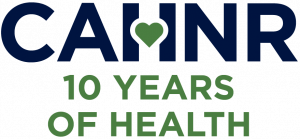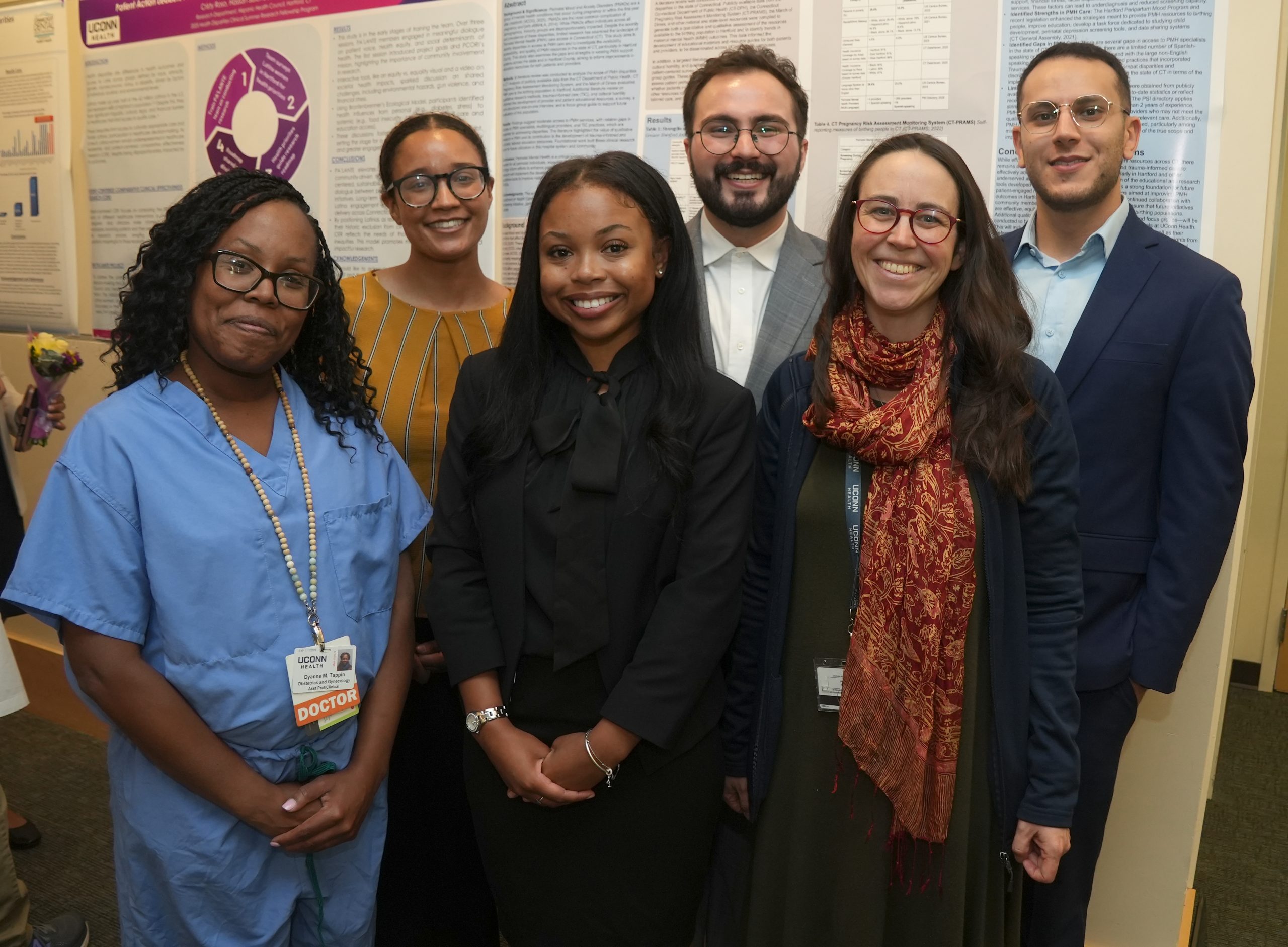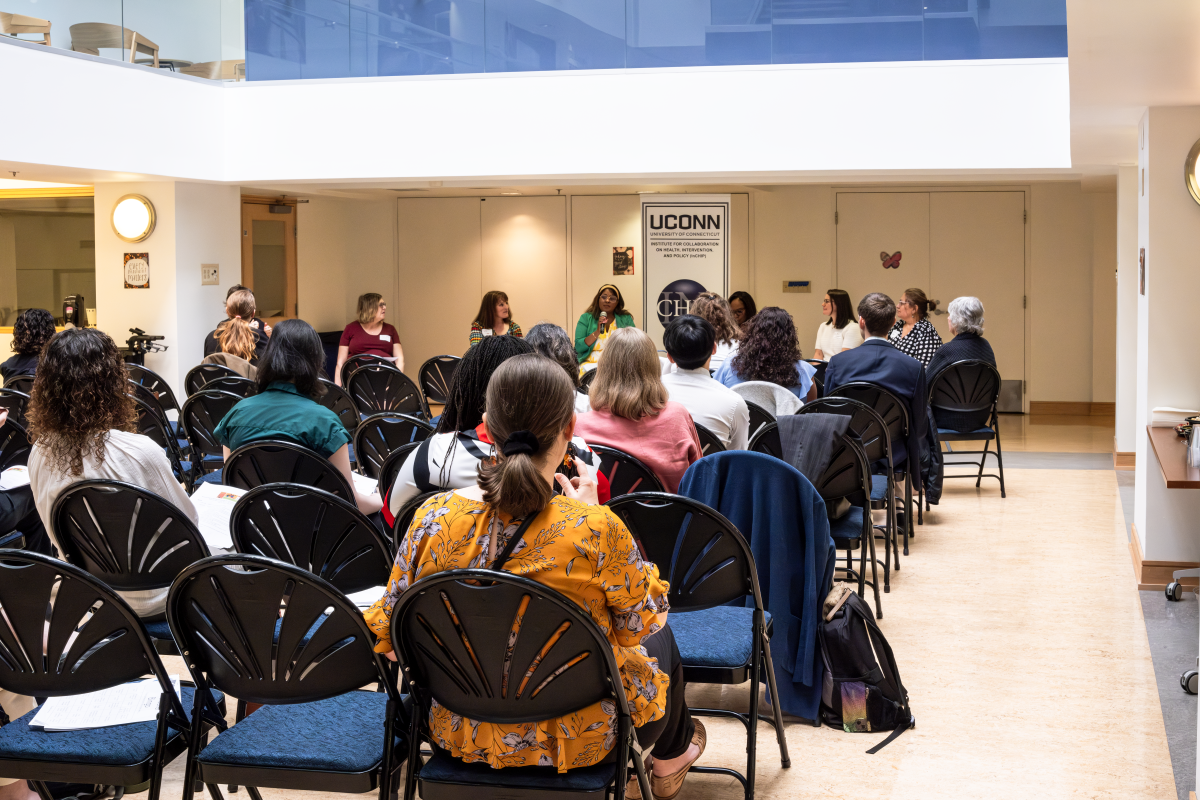Study Suggests Blackcurrant Supplementing Mitigates Postmenopausal Bone Loss
As we age, our bones lose density and become more fragile, putting us in danger of breaks and fractures.
This is especially a concern among post-menopausal women who generally have much greater losses in bone density than men in their age group.
 Ock Chun, professor of nutritional sciences in UConn’s College of Agriculture, Health and Natural Resources (CAHNR), has been working with blackcurrant, a tart berry, for years, investigating its potential to ameliorate a host of conditions including postmenopausal bone loss and osteoporosis.
Ock Chun, professor of nutritional sciences in UConn’s College of Agriculture, Health and Natural Resources (CAHNR), has been working with blackcurrant, a tart berry, for years, investigating its potential to ameliorate a host of conditions including postmenopausal bone loss and osteoporosis.
Chun previously led a study showing that in mice, blackcurrant supplements helped prevent bone density loss post-menopause. This study showed that the best time for intervention was in the transition between pre- and post-menopause before bone loss has significantly progressed.
With these findings in hand, Chun and her team wanted to see if they would translate to a human population.
They recently published their findings demonstrating blackcurrant’s protective effects against bone density loss in the Journal of Nutritional Biochemistry.
The group includes nutritional sciences graduate student Briana Nosal, who is the first author on the paper, kinesiology post-doctoral researcher Staci Thornton, and Elaine Choung-Hee Lee, professor of kinesiology, as well as researchers from UConn Health and the Jackson Laboratory for Genomic Medicine.
Forty peri- and early post-menopausal participants between the ages of 45 and 60 took capsules of blackcurrant powder daily for six months. Participants were randomly assigned to either take one capsule, two capsules, or a placebo. Each capsule was 392 milligrams.
The researchers found that the supplements prevented the loss of whole-body bone mineral density. The group that took two capsules actually showed overall increases in bone mineral density at the end of the six-month trial period.
The researchers looked at changes to the gut microbiome and immune system, which interact to play a key role in bone metabolism.
They found that the blackcurrant supplements decreased levels of proteins called interleukin-1 beta and RANKL. Interleukin-1 beta stimulates the expression of RANKL which causes bone resorption and thus a decrease in bone density.
“The reduction in RANKL is important because that can cause shifts toward excessive bone resorption, so we’d want to see a decrease in that,” Nosal says.
This study showed that the decrease in RANKL was directly correlated with an increase in whole body bone density after six months.
Taking the supplements also increased a bacteria found in the gut microbiome called Ruminococcus 2. This led the researchers to infer that it could be one of the bacteria driving the protective effects blackcurrant has on bones.
“It’s all related, and there’s a lot of research showing the gut can regulate various systems in the body,” Nosal says.
These bacteria help degrade polysaccharides and fibers. This is a key function to transform the foods we eat into available energy for our bodies to use.
The researchers identified a total of four proteins that had increased expression in the group that took two supplement capsules. These could serve as potential biomarkers for the changes they observed to bone density to allow researchers or medical professionals to quickly and easily assess if the blackcurrant supplementation is benefitting bone density.
This study is especially important for peri- and early post-menopausal women who have or are at risk of developing osteoporosis. While medications for osteoporosis do exist, compliance is low due to side effects.
If blackcurrant supplements can improve bone density without the same side effects, it could prove an effective alternative for this population.
“This study shows that blackcurrant may be a potential dietary strategy to help in preventing post-menopausal osteoporosis,” Nosal says.
As the group continues to study the relationship between blackcurrant and its benefits on the body, they will complete additional studies seeking to better understand why exactly they are seeing these results.
“[We want to learn] how all our findings connect to each other,” Nosal says. “Conducting that multi-faceted research will really paint the picture of how everything works, the different mechanisms, and what we can do for next steps.”
This work relates to CAHNR’s Strategic Vision area focused on Enhancing Health and Well-Being Locally, Nationally, and Globally.
Follow UConn CAHNR on social media
Latest UConn Today
- Incoming UConn Medical Students Get Hands-On Summer Research ExperienceFor the first time the Health Career Opportunities Program of UConn Health offered matriculating UConn medical students summer research opportunities.
- Partnering with Communities to Improve HealthInCHIP’s Community Engagement Research Core’s latest networking event offers insights for successful community research partnerships
- Study Highlights Higher Rates, Risk Factors for Non-Fatal OverdosesA new opioid overdose study has identified several key risk factors associated with non-fatal overdoses drawing from a sample of people who use opioids in New Haven
- Archiving for Justice, Truth, and Memory: Unpacking the Baggage of What Went BeforeReflections on the importance of the newest addition to UConn’s ICTY Digital Archives, the Srebrenica Genocide Archives Collection.
- Multiple Sclerosis Patient Sees Bright FutureFrom unheard to understood
- UConn AUKUS Scholars Explore Undersea Vehicle Technology, International Collaborations in AustraliaFive College of Engineering students studied systems thinking and interdisciplinary teamwork essential in modern undersea vehicle development













